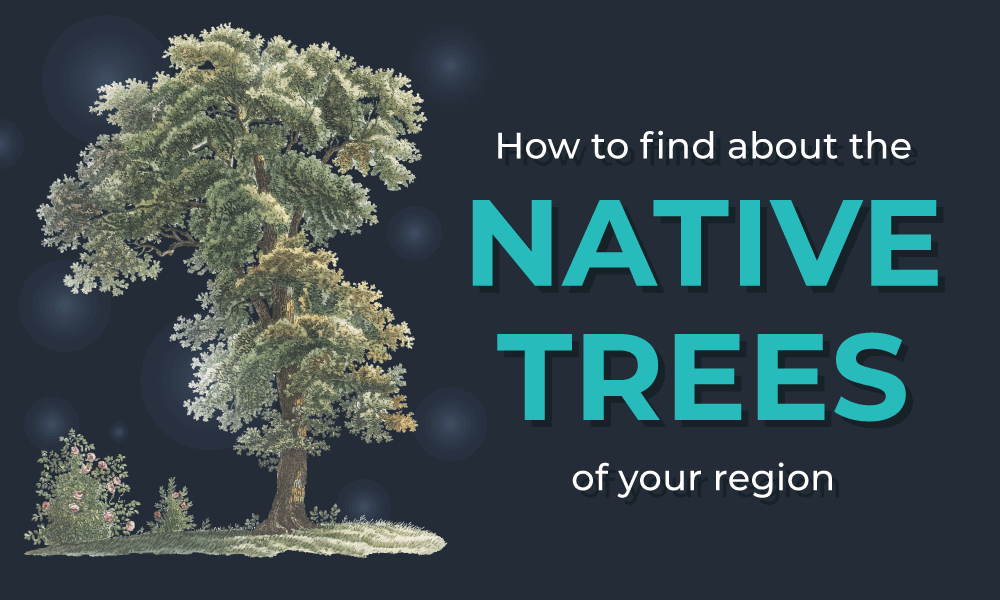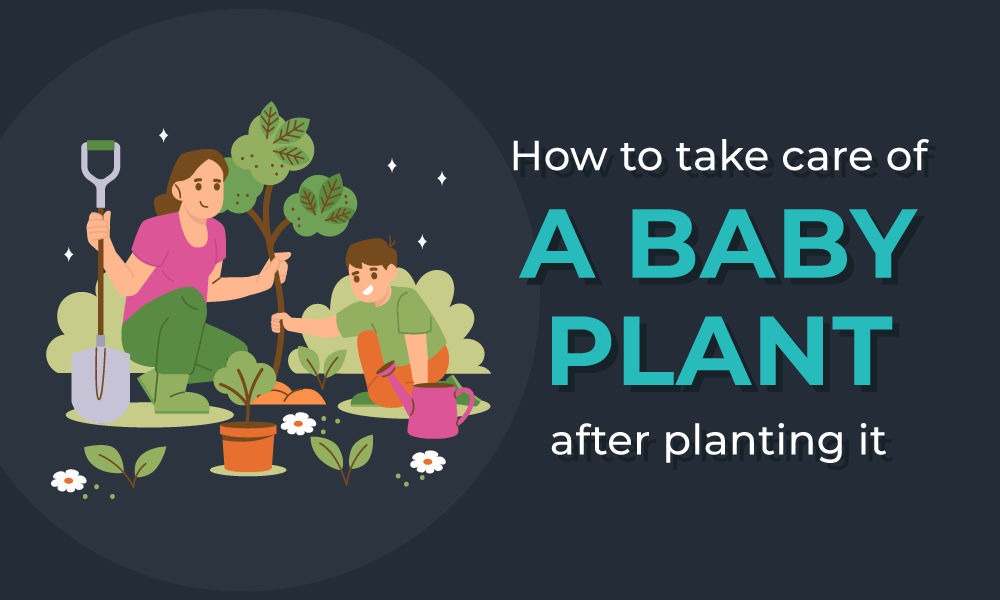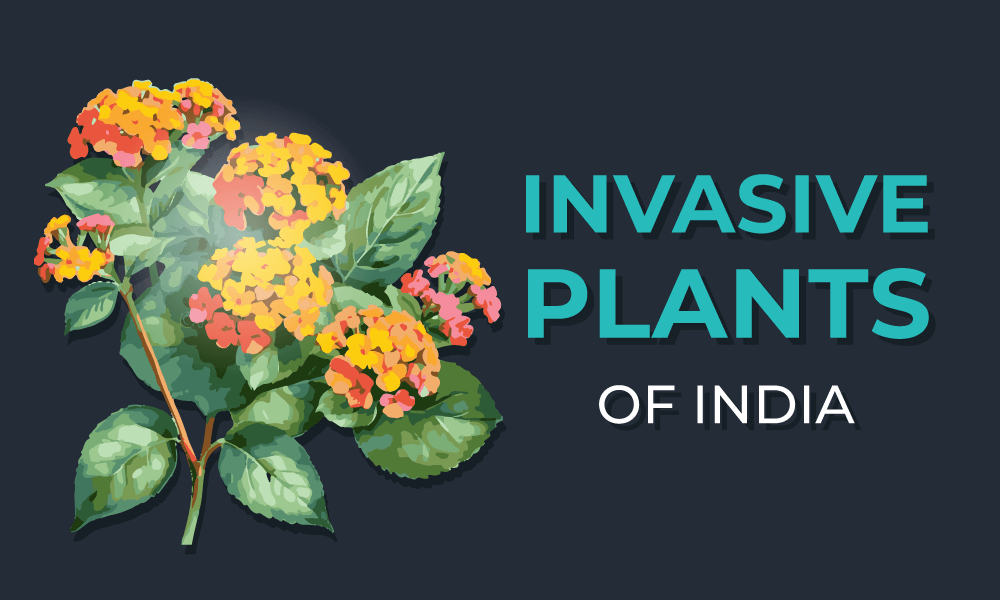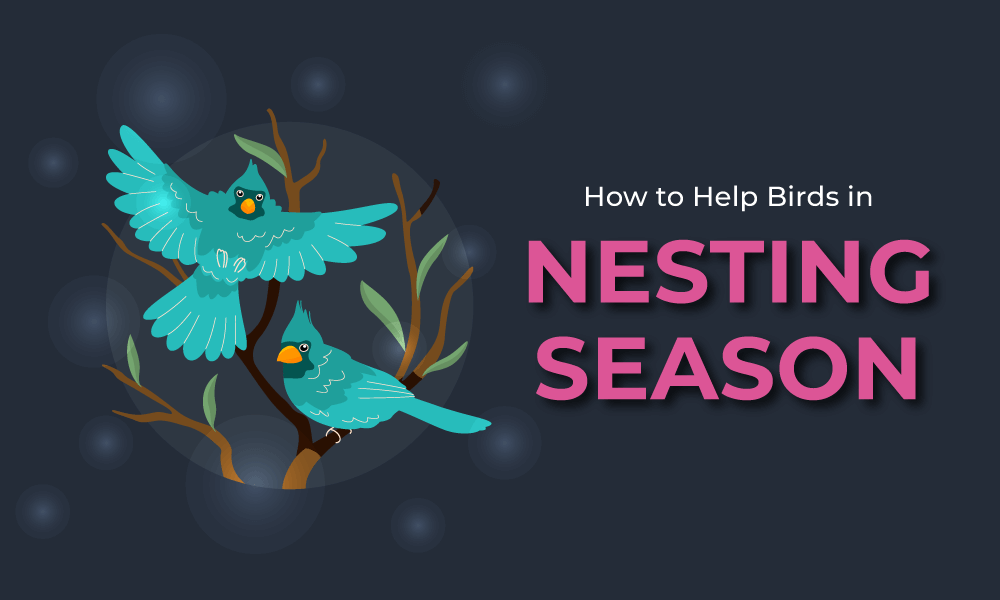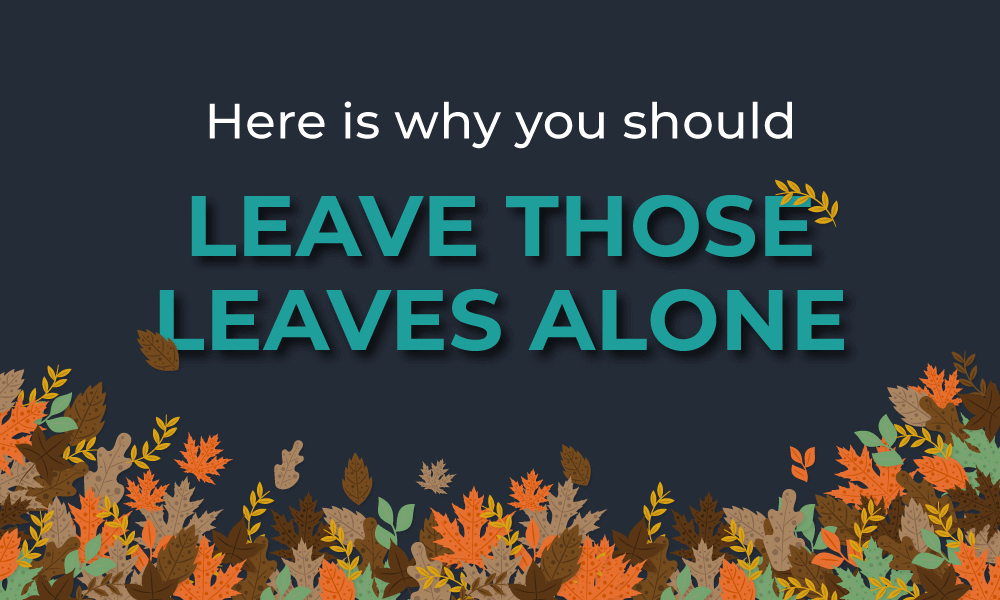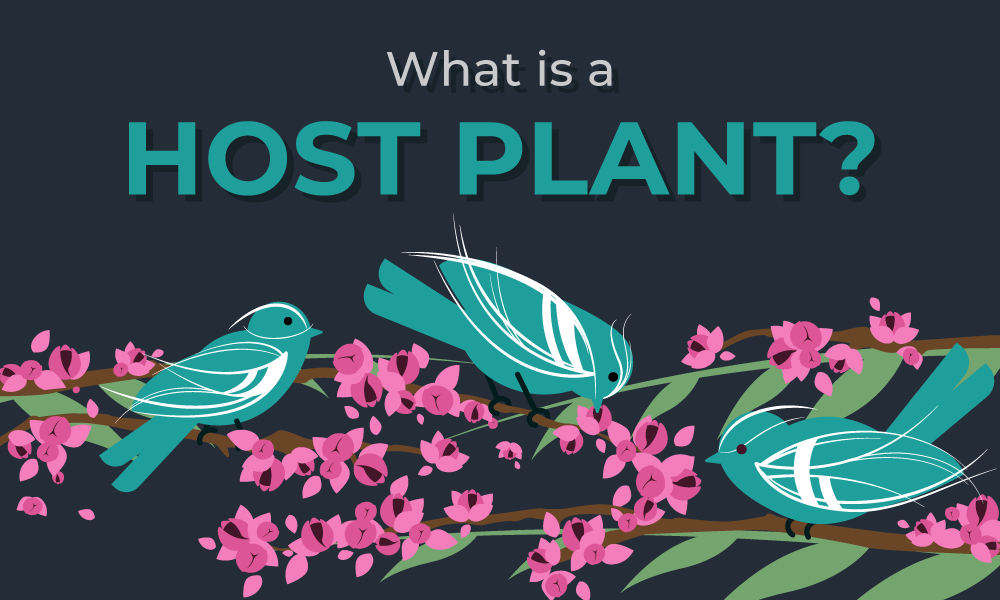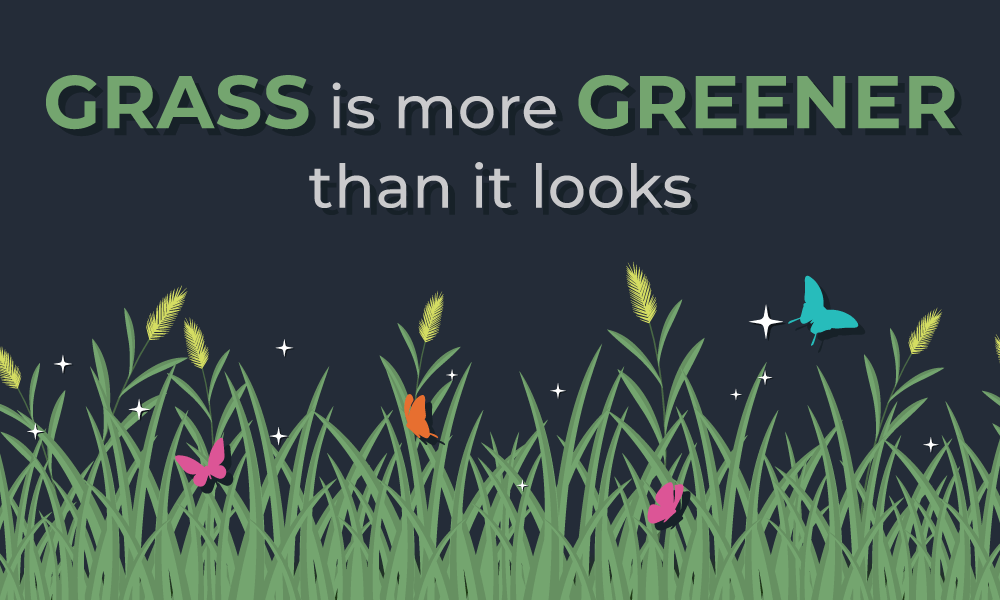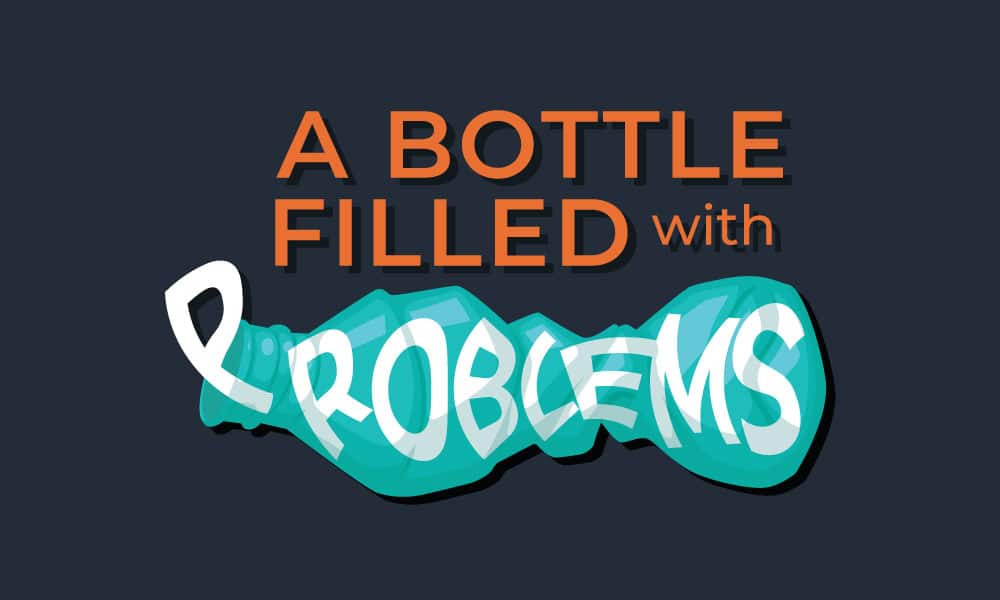How smoking cigarette harm your life, health, environment and family and how can you quit smoking.
Cigarettes are smoked by over 1 billion people, which is nearly 20% of the world’s population in 2014.
So we can say that everyone know at least one person who smoke. Smoking is quite popular in young generation can anyone guess the reason?
I personally believe cinema, society and peoples attitude play major role to promote it. In movies we always see a young dashing good looking guy doing action, beating villains and being successful and that guy have habit of smoking like breathing. It’s influence so many youngers and they thought smoking is cool thing and very masculine thing to do.
Smoking is cool? I mean really? It’s like eating the poison yourself with smile just to show someone who probably don’t care you live or not.

Or maybe it could be attitude of friends and society. We all experienced that when we all friends come together we think that smoking one cigarette will not effect our health much and if you try to say no for cigarette then friends common dialogue hit you hard in your “attitude” so you smoke even without say any word.
But here is a question “will you call a person who judge you on the basis of a bad habit your friend?”
I wouldn’t, if I have some bad habit I would never want to see my friend adopt that too, it’s insane and what about the other things you are harming by smoking?
You ask others?
Here’s the list-
Tobacco products negatively impact and damage our environment.
- Cigarette butts are not just a nuisance, they are toxic waste. They contain chemicals that contaminate our waterways and ground soil and harm our wildlife.
- Discarded lit cigarettes can cause fires, which can damage homes and land. It is also very costly to clean up cigarette waste – a problem that continues to grow every year.
- Smoking globally emits nearly 2.6 billion kilograms of carbon dioxide and 5.2 billion kilograms of methane into the atmosphere each year. This provides a clear picture of how smoking alone contributes to climate change.
- Ocean Conservancy points out that cigarette butts are the most common waste matter, and a huge number ends up in international water systems, namely oceans. In 2008, for example, the International Coastal Cleanup program managed to clear about 3.2 million cigarette butts from waterways and beaches. This was almost twice the amount of all other trash. Upon contaminating the waterways, they seriously harm aquatic animals, plants, and even pollute groundwater.
- The forest fires started by burning cigarette butts worldwide are countless. About 17,000 people worldwide die each year because of fires started by cigarette lighters or discarded burning cigarettes.
- When pets are outdoors, they do so many things like sniffing through garbage and the streets. This puts the pets, dogs and cats, at a high risk of ingesting cigarette butts lying on the ground as litter.
- Fish have particularly been impacted by cigarettes in countless ways. Whenever cigarette filters find a way into water systems, they can be ingested by fish because they resemble fish food like insects. The filters remain within the fish, reducing their stomach capacity, thus affecting their eating habits.
Research in the US also found that the runoff from just a single cigarette butt can kill a fish in a 1 Liter jar of water. - Smoking, anxiety and mood
Most smokers say they want to stop, but some continue because smoking seems to relieve stress and anxiety. It’s a common belief that smoking helps you relax. But smoking actually increases anxiety and tension. Smokers are also more likely than non-smokers to develop depression over time. - Cigarettes contain about 600 ingredients, many of which can also be found in cigars and hookahs. When these ingredients burn, they generate more than 7,000 chemicals, according to the American Lung Association. Many of those chemicals are poisonous and at least 69 of them are linked to cancer.
- In the United States, the mortality rate for smokers is three times that of people who never smoked. In fact, the Centers for Disease Control and Prevention (CDC) says that smoking is the most common “preventable cause of death.”
When you inhale smoke, you’re taking in substances that can damage your lungs. Over time, this damage leads to a variety of problems. - Children whose parents smoke are more prone to coughing, wheezing, and asthma attacks than children whose parents don’t. They also tend to have higher rates of pneumonia and bronchitis.
Smoking damages your entire cardiovascular system. Nicotine causes blood vessels to tighten, which restricts the flow of blood. - Smoking also raises blood pressure, weakens blood vessel walls, and increases blood clots. Together, this raises your risk of stroke.
- You’re also at an increased risk of worsening heart disease if you’ve already had heart bypass surgery, a heart attack, or a stent placed in a blood vessel.
- Nicotine affects blood flow to the genital areas of both men and women. For men, this can decrease sexual performance. For women, this can result in sexual dissatisfaction by decreasing lubrication and the ability to reach orgasm. Smoking may also lower sex hormone levels in both men and women. This can possibly lead to decreased sexual desire.
- Smoking-related illness in the United States costs more than $300 billion each year, including:
Nearly $170 billion for direct medical care for adults
More than $156 billion in lost productivity, including $5.6 billion in lost productivity due to secondhand smoke exposure.
List is never going to end
So want to quit smoking now?
But now the question is how?
We all know that smoking is addictive and hard to quit but here are some tips and tricks to quit smoking.
- Tell your friends, family, and other people you’re close to that you’re trying to quit. They can encourage you to keep going, especially when you’re tempted to light up.
- Keep other things handy to pop in your mouth when cravings hit. Try mints, carrot or celery sticks, clove, or sunflower seeds.
- Remove cigarettes and other tobacco products from your home, car, and work and asked your friend, relative or partner to keep an eye on you.
- Talk to your doctor about getting help to quit.
- Keep your mind busy that cheer you up like pay some game, watching Netflix or something else.
- Drink water – Slowly drink a large glass of water. Not only will it help the craving pass, but staying hydrated helps minimize the symptoms of nicotine withdrawal.
- Do yoga- yoga will help you to control yourself.
- Share your problems which come in your cigarette quitting path with your friends.
- Whenever you feel you can’t quit, remember why and for whom you decided to quit smoke this will encourage you.



































